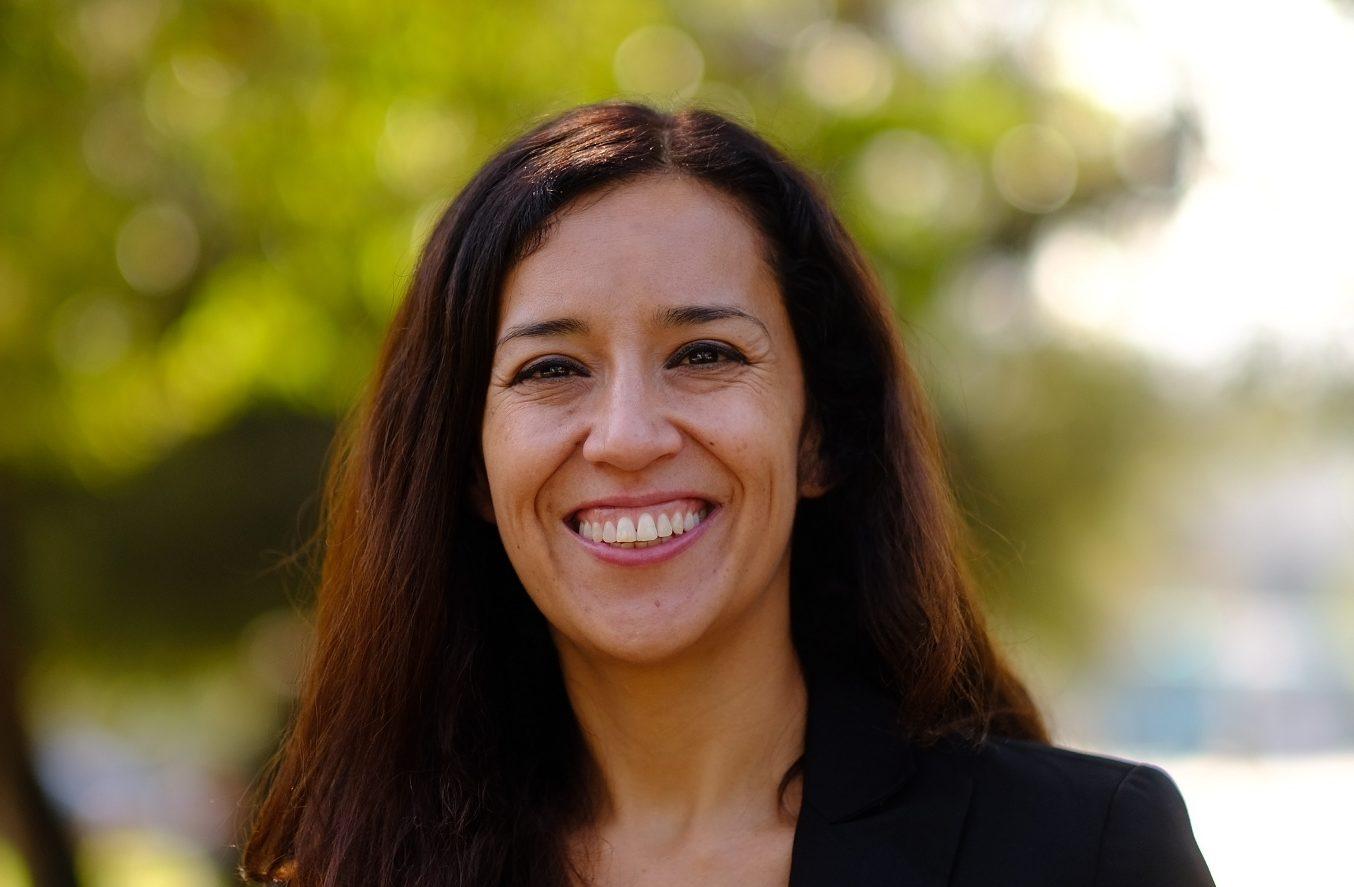Today, Tuesday, November 26 at 9:00, the researcher at the Center for Economics and Social Policies, Mayarí Castillo, along with the academic Alejandra Engler, were interviewed in the RadioAnlisis program of Radio Uchile.
The theme addressed was drought and water shortage, terms that according to the interviewees should be differentiated, since drought involves a climatic factor, while water scarcity encompasses a multiplicity of factors that may include human intervention and the shortage in the supply of drinking water.
Water shortage according to Mayarí Castillo is a problem that has been present in our country for several years, and that has left 56 communes without water supply and in an agricultural emergency, in addition to the fact that there are currently 75 basins in a critical state of drought.
Because the Constitution guarantees a private use of water resources, the over-sale of water rights in surface and underground basins has concentrated on industry and not on the preservation of ecosystems or on the supply of drinking water, which has led to problems for communities that must be supplied through tank trucks that seek to supply water deficiencies.
The water market in Chile is closely related to the elites, generating one of the many demands of the social outbreak: the unequal and inequitable distribution of the resource.
Another major problem is how water scarcity affects independent agricultural producers, who must abandon their crops and life in the countryside to migrate to cities and join working life, which leads to other inequality problems.
A constitutional change is substantial to fix this problem at the root, such change must guarantee a type of water basin governance that has a participatory management of the resource and its distribution, since the reform of the water code that was being discussed was a non-retroactive reform.


